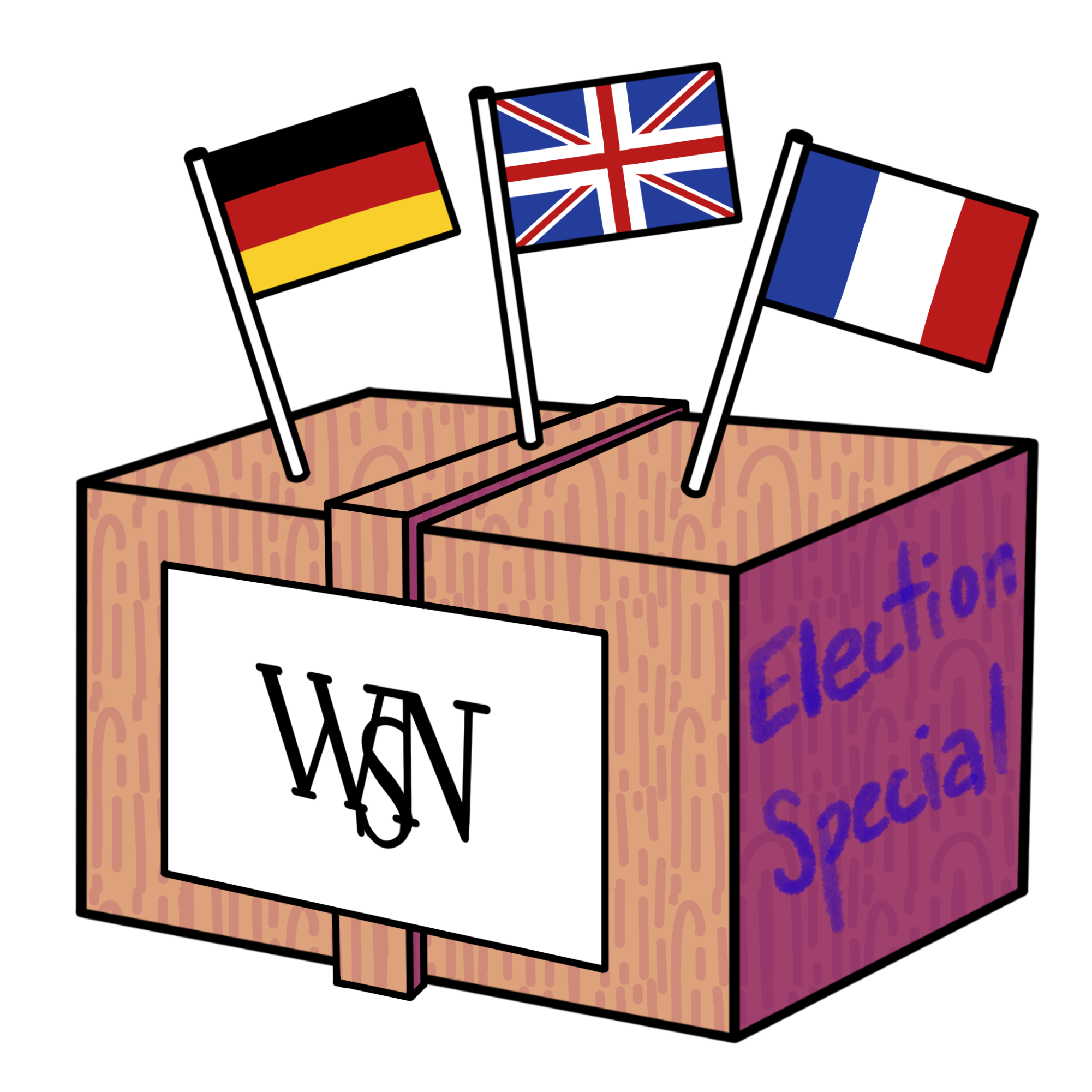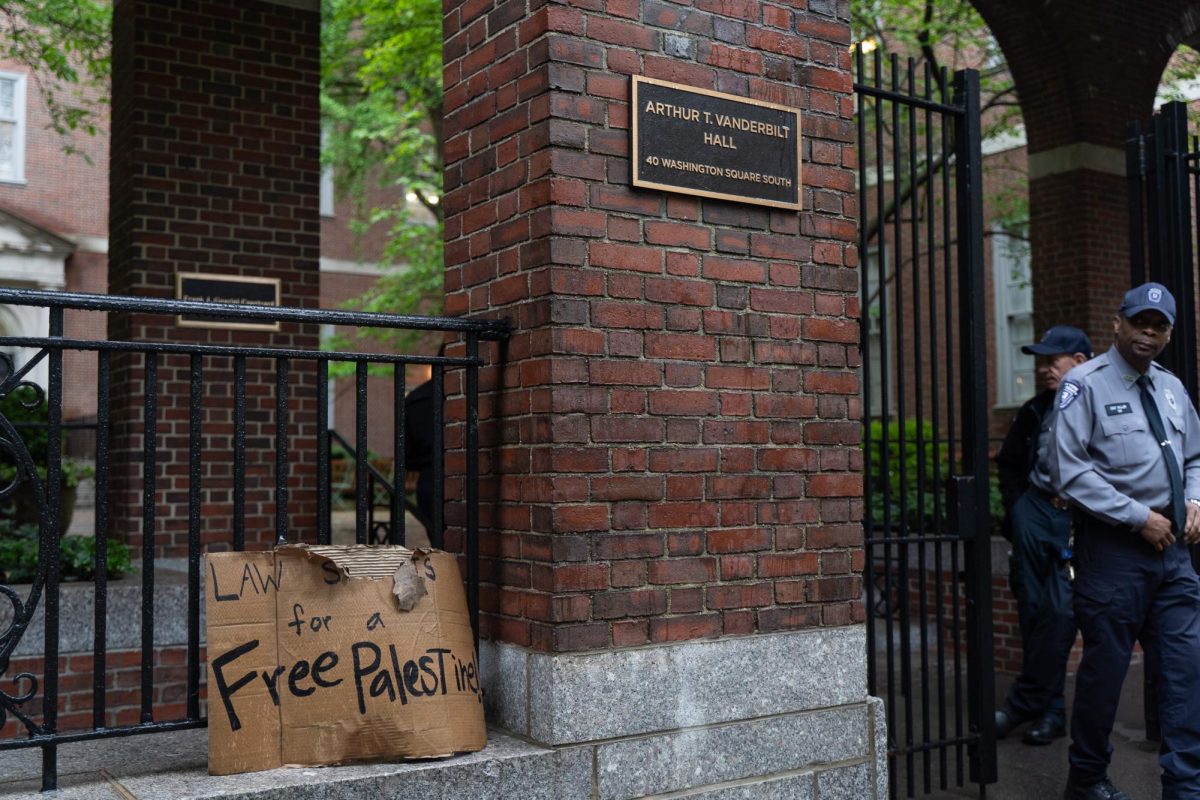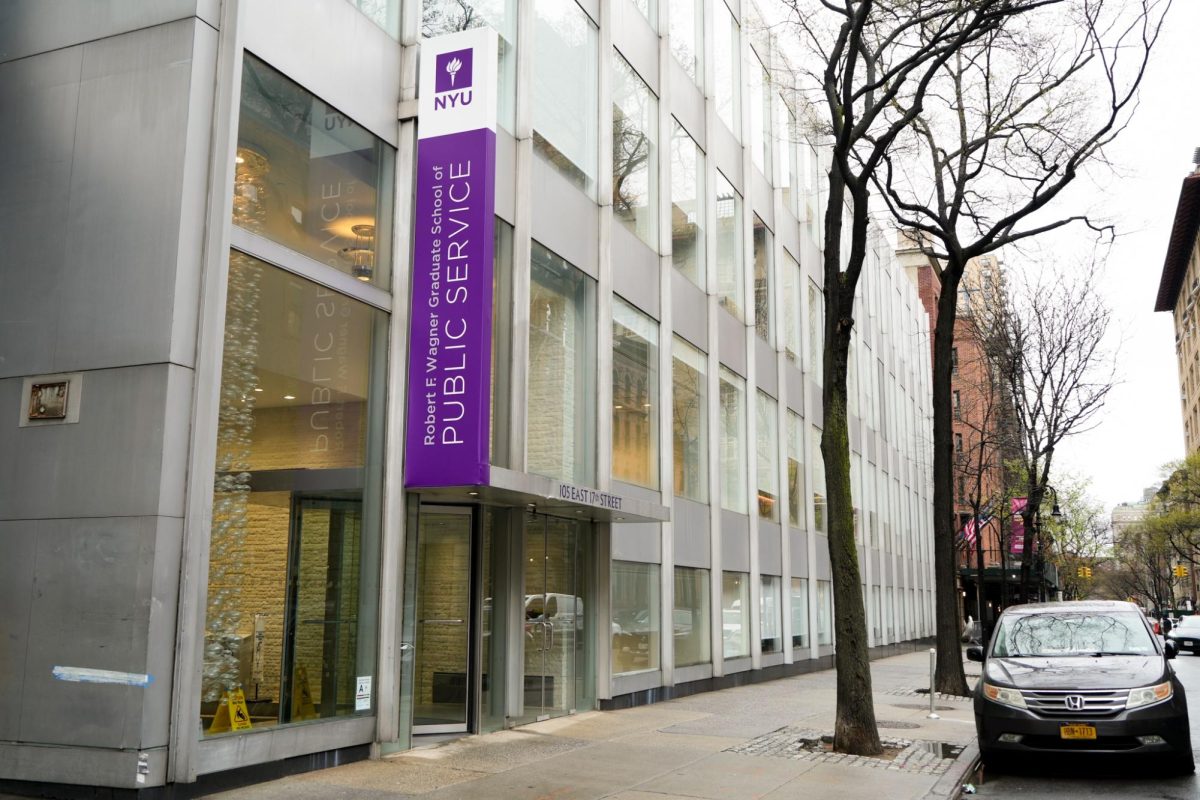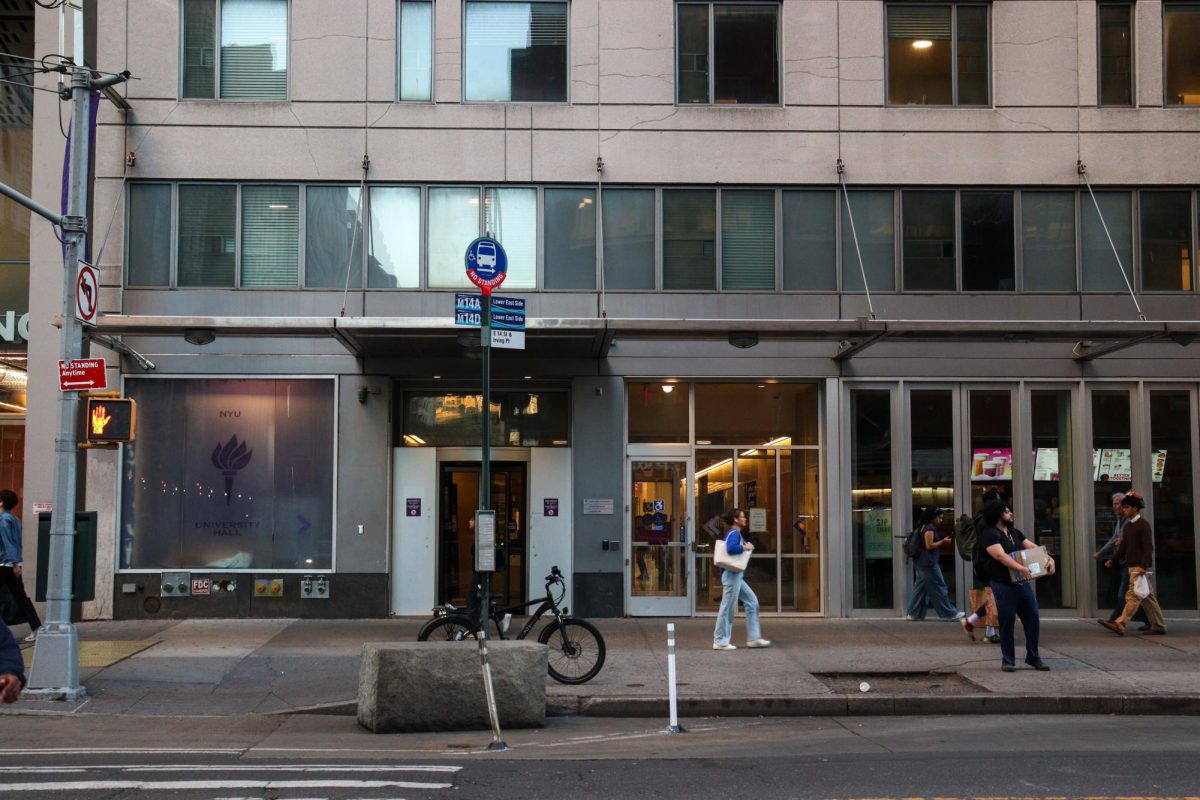The Soapbox: Elections abroad
Under the Arch
The Soapbox: Elections abroad
The Soapbox is a weekly column by WSN covering major news developments at NYU’s campuses and study away sites abroad. Global consciousness for a global university.
Krish Dev, Director of Creative & Digital Strategy | Oct. 28, 2024

2024 has been a pivotal year for global democracy, with nearly half of the world’s population — the largest number of voters in history — taking part in democracy across more than 60 countries. Among the most consequential elections were those in France, Germany and the United Kingdom, three large European democracies home to NYU study abroad sites.
Read the recaps of these elections below in a special edition of The Soapbox, originally published Sept. 9.
In France, Macron announces new prime minister
French President Emmanuel Macron announced conservative Michel Barnier as the nation’s new prime minister on Thursday, two months after the 2024 French legislative election left the country without a clear majority.
The election, called by Macron in June, was an unexpected political gamble that came a month after the far-right National Rally received more than twice the vote share of his centrist party Renaissance in the 2024 European Parliament election. While polls before the legislative election predicted a similarly strong performance for the National Rally, Macron defended his decision at a news conference in June.
“I think the French are intelligent, they see what’s being done, what’s coherent and what’s not, and they know what to do,” Macron said. “I don’t believe at all that the worst can happen. You see, I’m an indefatigable optimist.”
Over 30 million voters participated in the election, held in two rounds from June 30 to July 7, marking the highest voter turnout in over four decades. In a shock result, the New Popular Front — a French left-wing coalition that formed just days after Macron called for the election — won more seats in parliament than the Renaissance and the National Rally.
Despite earning 182 seats, the New Popular Front was still 107 seats short of a majority in parliament, leading to a political crisis. The country was without a prime minister, the head of France’s parliament, for 51 days — the longest time in its history.
Macron’s Thursday announcement was met with criticism from the left, particularly given Barnier’s affiliation with the center-right Les Républicains, who finished fourth in the election. In over five decades of experience, Barnier has served as a cabinet minister, France’s European commissioner and was also the head of the Brexit task force in 2016.
While left-wing politicians in the parliament are threatening a vote of no-confidence, they would not be able to collect the 289 votes needed without the backing of the far right. Marine Le Pen, head of the National Rally, told the French parliament that her party will wait to see Barnier’s policy speech before supporting him.
“He’s a man who has never gone too far when he’s spoken about National Rally,” Le Pen said, according to the BBC. “He’s never cast us out — he’s a man for discussion.”
In Germany, far-right party surges in two state elections
The Alternative for Germany became the first far-right party to win a state election in post-World War II Germany on Sunday.
The AfD placed first in Thuringia with 32.8% of the vote and came in a close second in the Saxony state election with 30.6%, trailing the center-right Christian Democratic Union by less than 2%.
Thuringia and Saxony are neighboring states in eastern Germany, a region where the AfD has seen growing support in recent years. The party, which runs on an anti-EU, anti-immigration platform, rose to prominence after adopting Islamophobic policies in response to the 2015 refugee crisis.
In May, Germany’s Federal Office for the Protection of the Constitution was given authority to continue surveillance of the AfD, after the court rejected an appeal to end it by the party. Intelligence authorities in the country have classified the AfD as a “suspected extremist organization.”
The party’s state chapters in Thuringia and Saxony have also been classified “rightwing extremist” by the security authorities, according to the Guardian. Björn Höcke, the leader of Thuringia’s AfD chapter, has previously faced legal consequences for using banned Nazi slogans.
Following the election results, leaders of multiple business organizations voiced concerns over the AfD’s rise in prominence, warning that the party’s xenophobic stances could exacerbate existing labor shortages by limiting the immigration of skilled workers into Germany.
“The AfD in particular stands for an extremely neoliberal economic policy, for protectionism and isolation from Europe, for less immigration of skilled workers and less openness and diversity,” Marcel Fratzscher, president of the German Institute for Economic Research, told the German publication Deutsche Welle.
Despite the party’s strong showing in the two state elections, it is unlikely to form a government in either state, as all other major parties have refused to form coalitions with it. The conservative CDU — which placed second in Thuringia — has ruled out any partnership with the AfD and has instead initiated coalition talks with the center-left Social Democratic Party of Germany and the newly formed far-left Sahra Wagenknecht Alliance.
German chancellor Olaf Scholz, a member of the SPD who came to power after winning the 2021 German federal election, said the recent election results were “worrying” in a statement to Reuters.
“Our country cannot and must not get used to this,” Scholz said. “The AfD is damaging Germany. It is weakening the economy, dividing society and ruining our country’s reputation.”
Polls indicate that the AfD might also take the most votes in the Brandenburg election on Sept. 22, another state in eastern Germany. Next September, Germans will head to the polls for the 2025 federal election as Scholz is running for a second term despite a record low in approval ratings.
In the UK, Labour win in a landslide
The United Kingdom’s center-left Labour Party returned to power after the country’s general election in July, ending 14 years of center-right government from its opposition, the Conservatives.
Labour won 411 of the 650 seats in the House of Commons, the lower house of the UK’s parliament. The Conservatives won the previous election with 365 seats but suffered its worst-ever defeat, placing second in this with 121 seats.
Keir Starmer, the leader of Labour, took over as prime minister after being formally appointed by King Charles III on July 5. In his victory speech on election night, Starmer claimed that his party was “changed” and said it would “restore Britain to the service of working people.”
“Now we can look forward,” Starmer said. “We said we would end the chaos and we will. We said we would turn the page and we have. Today we start the next chapter, begin the work of change, the mission of national renewal and start to rebuild our country.”
The election, originally scheduled for no later than January 2025, was announced early by former prime minister Rishi Sunak in a speech in May outside the official residence of the prime minister.
While Sunak was able to keep his seat, he stepped down from his role as the Conservative leader and other prominent Conservatives were ousted in the election, including former prime minister Liz Truss, former Commons leader Penny Mordaunt and former cabinet minister Sir Jacob Rees-Mogg. The party is currently in the process of choosing a new leader, who will be announced in November.
The center-left Scottish National Party also experienced a significant setback in the election, losing 39 parliamentary seats, with most of those gains going to Labour. The centrist Liberal Democrats won a record 71 seats — 60 more than in 2019 — while Nigel Farage, leader of the far-right Reform UK, secured the party’s first-ever seat.
One month after the election, anti-immigration protests across the UK where British police arrested 1,160 people in rioting that had involved “violence, arson and looting.” In the aftermath of the protests, Starmer said he was “worried about the far right.”
“I’m worried about populism and nationalism and the politics of the easy answer, the snake oil, if you like,” Starmer said. “It’s very important that we have a debate about how we confront that. My own personal view is that through delivery, through showing there are progressive, democratic answers to the many challenges we face, is the way forward.”
Contact Krish Dev at [email protected].

Krish Dev is a third-year senior studying computer science and linguistics. This is his third semester on WSN’s management team, following his time as...





















































































































































